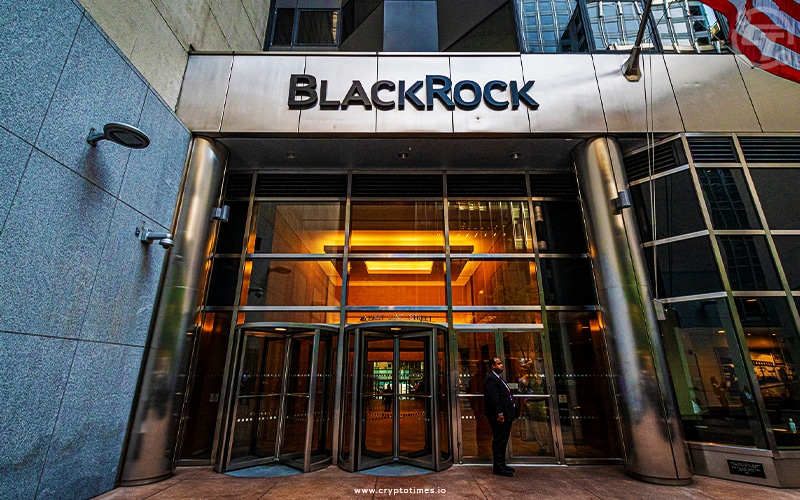Major investment management corporation BlackRock Inc. has conveyed that the involvement of large-scale institutional investors in decentralized finance (DeFi) is still a distant reality. The primary hurdles are regulatory, and until they’re addressed, the advent of DeFi into mainstream institutional investing may take an extended period.
Joseph Chalom, BlackRock’s Head of Strategic Partnerships, addressed the topic during the State of Crypto Summit organized by Coinbase Global Inc., in association with the Financial Times, last Thursday. He described the potential of DeFi, a revolutionary crypto sector where trades are automated on blockchain technology.
However, he emphasized that given the stringent regulations that both BlackRock and their clientele operate under, widespread adoption of DeFi is far from imminent.
Chalom asserted, “Not that I’m pessimistic — I just live in a highly regulated space and so do our clients.” He further projected that institutional adoption, if it happens, will still be “many, many, many years away.”
Despite the cautionary tone, Chalom also highlighted the potentially pivotal role of companies such as Coinbase in bridging the gap between DeFi and conventional investors. With their institutional-grade wallets, these companies could facilitate a smoother transition into the crypto realm for traditional investors.
Interestingly, BlackRock’s engagement with the crypto world is not new. Just last week, the investment giant filed for a US spot Bitcoin exchange-traded fund, a move that led to a surge in Bitcoin’s price and prompted similar applications from competing issuers.
The company has also collaborated with Coinbase previously to simplify the process of Bitcoin management and trading for institutional investors. Additionally, BlackRock is currently overseeing the cash reserves of Circle Internet Financial’s stablecoin, USD Coin.
BlackRock’s ongoing discourse with clients also reflects a focus on tokenization and stablecoins. Well-reserved stablecoins, in particular, are viewed as potential facilitators of institutional money movement. Chalom’s comments mark a cautious but promising step toward incorporating DeFi and crypto-assets into the future of institutional investing.






